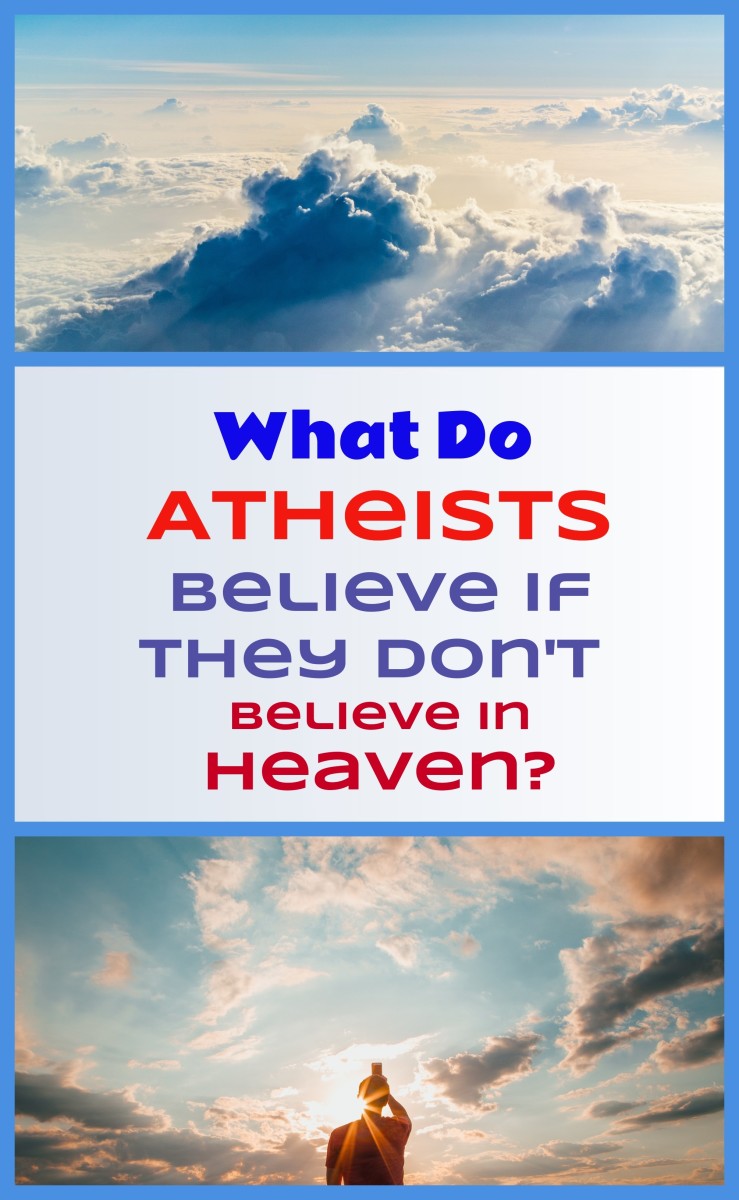Saved from what?

As much as the Christians go around telling us all that we are to repent so we can be saved, exactly what we are to be saved from is complicated. There are many aspects to salvation. We are to be saved from sin and from hell as far as the Christians are concerned. I guess that’s their bottom line. But the salvation tradition is much more complicated.
It begins as early as the Bronze age with mystery cults whose focus was on gaining immortality. Not much is known about the actual rituals that took place due the fact they were mostly secret societies. But we do know that they had to do with a personal journey to an alternate plane of existence where one could earn in some way and receive the gift of immortality.
In other words, salvation cults mainly focus on salvation from death.
Many pagan religions were redemption or salvation cults. But others weren’t. Strangely, the old Jewish traditions really weren’t. Early Jews did not believe in heaven or hell. Their messiah was to be an anointed king who would bring all the Jews back to the land of Israel. After which he would bring peace to the world. Their salvation was not from death, but from their enemies and from suffering and war. Jesus does not fit that bill for a number of reasons written about extensively by Maimonides.
Some of the main points are that he is idolized, and none may be worshiped besides god himself. The messiah was to be a man, not a trinity which stands against all Jewish tradition and belief. The other is that he be from the line of King David, which he can’t be if he was from a virgin birth. He did not unit the world in Judaism, he did not bring peace to the world, he did not bring all the Jews back to Israel, and he did not build the third temple. He also was never anointed as king of Israel. All are prerequisites for the Jewish messiah.
Christianity took the salvation idea to a new level. We are to be saved from sin, from hell, and from the wrath of god, to name a few. We are to find this salvation in a number of different ways depending on the specific Christian cult we are talking about. Some say we are saved through doing good works. Some say we are saved by acceptance of Jesus as saviour. Once saved we get immortality.
Christianity is therefore a full fledged salvation cult. How did it get that way? As I have written elsewhere where I explain it in detail, Rome had a lot do with that. It wasn’t always a salvation cult. It didn’t always see Jesus as god.
However, it seems that we are already immortal if we are to believe some forms of modern Christianity. We don’t have to do anything to get it, we already have immortality. What we really want is immortality in heaven. Because those who are not saved do not simply perish from the book of life, they are tortured for eternity. Needless to say that if one is tortured for eternity it stands to reason that they are living for eternity. Torture after you no longer exist is quite impossible, as well as being futile.
Does anyone really want immortality? It seems to me that we often don’t know what to do with ourselves now. We waste the lives we have in trivial pursuits, hardly appreciating what we have and often being miserable. What would we do with eternity?
As it is we see a nice circle of life. We are born, we live work and play, then we retire and eventually die. If we lived to an average life span of 500 years we would have to work for most of them. Can you imagine being at a job for 450 years? Our lives would change in an instant. The world couldn’t sustain us all if we kept having kids. Overpopulation would be a real threat.
Now imagine having to live indefinitely? The problems that would bring are astronomical, not to mention again the fact that as long as live we have to provide for ourselves. Never die, you can never retire unless you become filthy rich and stay that way.
Nor of course heaven is different. No more suffering, no more war, no more pain. So here we are in perpetual retirement with all our needs met for eternity. Sounds good? To some it might. But I wonder if it really would be sustainable. We get bored now, would we never get bored in heaven?
No chance of getting bored in hell, unless of course boredom is your idea of hell. Mine is worshiping a god all day long. But that’s just me.
No matter which salvation cult we examine, all of them have one bottom line: Salvation from death. Mankind has always wanted to ensure ourselves that we would live forever, be reunited with loved ones who “passed on”, and live in peace and security. We don’t expect that we will get it for free, there are conditions attached to all good things.
But it doesn’t matter how you think we get there, even though all religions say there way is the only way, and even though all religions depict various ideas of what heaven or life after death is like, all of them want the same basic things in the end.
Perhaps though, extending life on earth is the only way we will gain immortality eventually. As much as we have wanted to cheat death since probably the beginning of man, we have been trying to do it on two fronts: One is life after death granted by a god, and the other is eternal life provided by human discovery through science.
Now just think about it. Does it matter how you become immortal? We certainly can’t be certain that even one of the religions out there has the answer for eternal life, but we can be sure that science is looking for the answer and is probably closer to finding it than we think. With the advent of genetics, bionics, and nanotech we have a variety of options as to how immortality would look for any individual. Some might opt for a genetically perfect body that cannot contract disease. Some might opt for android bodies fitted with their human brain which is eventually absorbed and replaced by a computer brain. The choices and combinations become endless and include the idea that we could create immortal beings tailor made for specific worlds out there on land or in the sea, under various gravity conditions.
As I said, there are a lot of problems associated with being immortal. The solution for over population would be in sending large amounts of people to explore and colonize the universe. After all, we may become virtually immortal barring getting blown to atoms, but our earth won’t last forever.
I think I would get up enough money to go back to school, even at my age, and become a physicist for a hundred years or so. Then I’d probably want to go in to another field of study, reinventing myself every so often. After all, imagine what one could contribute with unlimited time.
But what does one do when they already know all there is to know? When all the answers are in, what then? This goes for heaven as well as for earth humans. One assumes that god could answer any and all questions. What then? What could we do with perfect and total knowledge? Isn’t that the real goal?
In that case, once immortality is gained either by being granted it by a higher power, or taken by force by mortal science, the real goal is salvation from ignorance. To me that’s the only thing that we need saving from.
Problems will always exist as changing conditions bring new ones as old ones are solved. While to us immortality and its consequences are really unfathomable we can be assured that there are answers to all of them. But it hard to find the answers to problems that do not yet exist or that we don’t know about yet. So we have to allow ourselves to evolve and face them as they come up. We have exactly that for thousands of years so far.
Personally I don’t believe there is a god that can grant everlasting life. If we want it we will have to take it. The only way to take it is by knowing enough about it. I do not feel like a sinner nor that I have to be saved from anything, save my own lack of knowledge. And that I can remedy by continuing to think critically and logically and thereby learn what I do not now know.
Do I care for immortality? Not really. I could use a few hundred years, to be sure. But to me the thing that makes life valuable is the fact that it is not forever. How can anyone who thinks live is eternal value it as much as someone who thinks it is fleeting? The death of another can only be tragic if that person does not have an immortal soul and will not be going to somewhere better. Life is cheap if there is something better waiting.
I have come to terms with the idea that once my life is over it is really over. I find peace in the idea that I won’t wake up dead. I may even be disappointed if I do. I don’t need saving. I don’t want what they are selling. But that’s just me.








